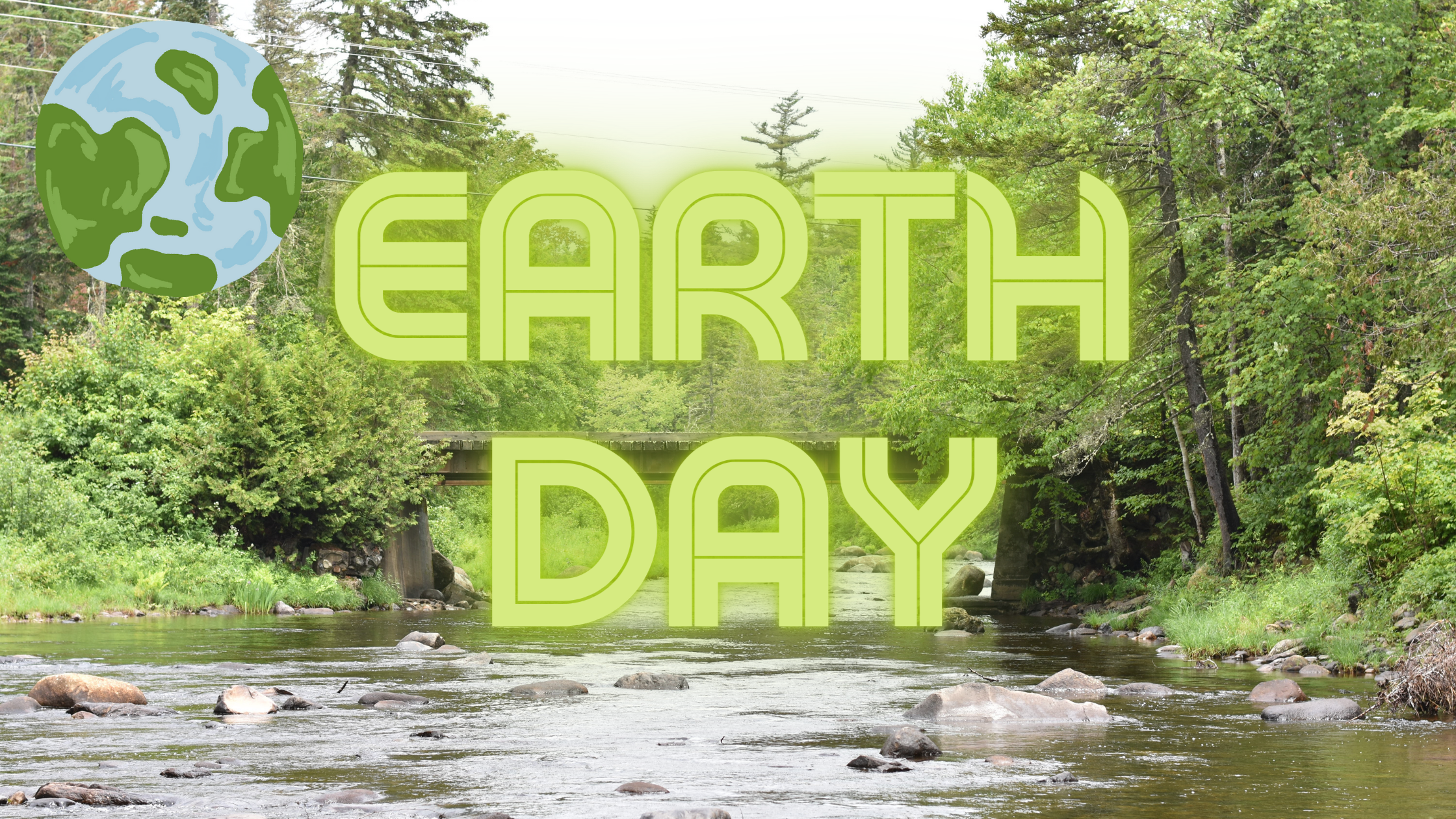Every Day is Earth Day for Private Forest Landowners
Private forests provide clean air, clean water and essential wildlife habitat
This Saturday, April 22 is Earth Day and for private forest landowners, it’s business as usual, as caretakers of our nation’s forests. America’s forest landowners work behind the scenes every day managing their forests not only to supply wood and paper products, but to provide clean drinking water, remove carbon from the air, provide oxygen and support wildlife.
Fifty-six percent of forestland in the United States is privately owned and sustainably managed by families and private companies. That’s 445 million acres. Private forestlands contribute immense economic and environmental benefits such as:
- Water – Purifying 25% of the nation’s water supply and reducing soil erosion.
- Air – Reducing pollution by offsetting U.S. carbon dioxide emissions.
- Wildlife –Providing critical habitats for wildlife and plants. Sixty percent of America’s at-risk wildlife rely on private forests and 40% of the distribution of 152 bird species are in private forests.
Unfortunately, private forest landowners are often overlooked for the vast benefits they contribute to the environment. This Earth Day, the Forest Landowners Association (FLA) wants to recognize those landowners and the immense impact they have on the air and water quality of the local communities, as well as their contributions to wildlife habitat.
As the nation focuses on the climate crisis and carbon emissions, private working forests are a natural climate solution. Private working forests provide 73% of our forests’ annual gross carbon sequestration, and 54% of total carbon storage, all while providing 90% of the harvest for forest products.
While cutting trees is often seen as a negative when talking about the environment, America’s private forest landowners replant, regrow and regenerate the trees they harvest each year. In fact, private forest landowners grow 43% more wood than they harvest.
Wood products also help reduce carbon emissions. According to the National Alliance of Forest Owners, wood products store more than two times the carbon emissions than our national parks. So, every time lumber is purchased for that new deck, notebooks are bought for the new school year or cardboard boxes are acquired for a move, carbon is being stored.
With U.S. private forest landowners leading the world in sustainable forest management, it is more important now than ever to ensure their legacy. FLA is fighting to ensure that legacy continues by pushing important legislation through Congress, such as the Disaster Reforestation Act.
Currently, when forestland is devastated by a natural disaster such as fire, hurricanes, tornadoes or invasive pests, the private forest landowner has no adequate way to recover losses to their timber crop due to a flaw in the tax code. The Disaster Reforestation Act fixes that code to ensure all Americans that grow crops can recover and replant after a cataclysmic event. Learn more about the Disaster Reforestation Act here.
